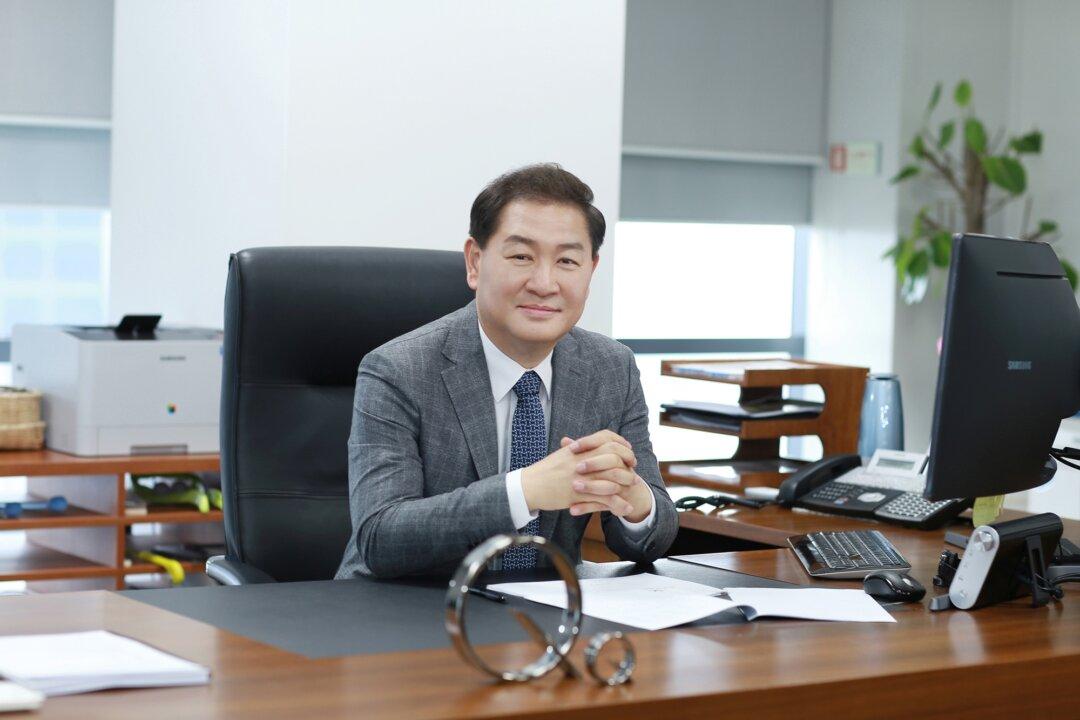SEOUL, SOUTH KOREA—Samsung Electronics Co. Ltd. will merge its mobile and consumer electronics divisions, the firm said on Tuesday, naming new co-chief executives in the biggest reshuffle since 2017 to simplify its structure and focus on the logic chip business.
Two co-chief executives, instead of three, will lead the South Korean firm as it pivots on the two business pillars of chips and consumer devices, including smartphones, to help lead the next phase of growth and boost competitiveness.





